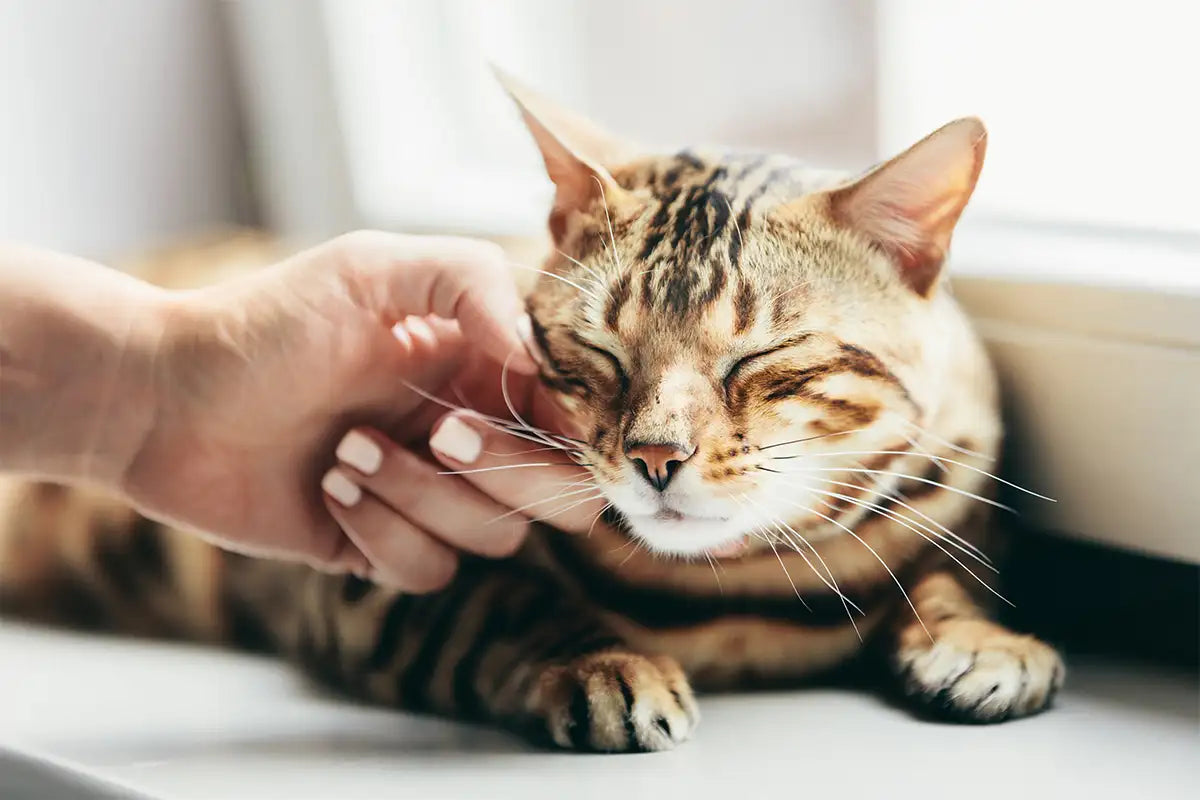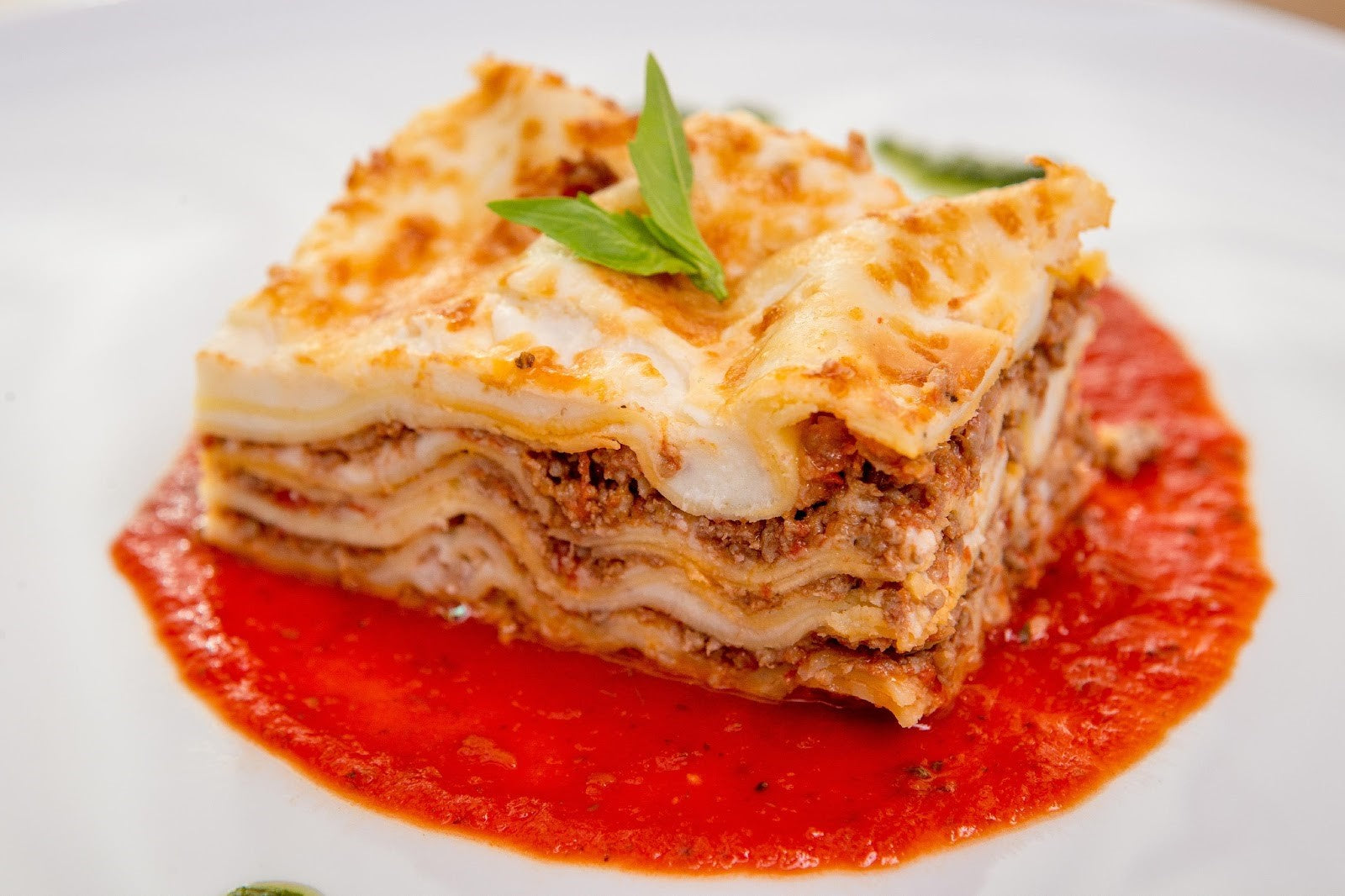
Yes! Cats can eat boiled eggs. Cats require animal protein and feeding them some nutritious hard-boiled egg is one way to supplement their protein need. However, like every other snack that is more of a food to humans than to cats, boiled eggs must be given to your cat in moderation because it contains high calories that can make your cat become obese. That being said, boiled eggs are a great source of nutrients and vitamins for your cat. If your cat cares for some boiled eggs, you can feel free to indulge them.
Are you concerned about how to feed eggs to your cat or what the right quantity should be? I've got you. In this post, I talk about the benefits of feeding eggs to your cat and the quantity that is just right for them. Let's get right into it.
Can Cats Eat Boiled Eggs?
If you have ever wondered if you can feed some of your eggs to your furry guy, I've got good news. Yes, you can! Cats can safely consume eggs. Hard-boiled eggs are a great source of animal protein for humans and cats don't mind some animal proteins. Cats can eat boiled eggs. It can serve as a source of protein for your feline.
Eggs are rich in nutrients both for humans and cats. You can feed fully boiled eggs to your cat occasionally. However, eggs should be fed to your cat in moderation. Cats get the appropriate nutrients they need from their cat food and do not necessarily need to consume extra protein. To avoid any disease complications, feed eggs in moderate quantities to your cat occasionally.
However, if you notice any allergic reactions like itchiness, swollen face, or diarrhea, you have to stop feeding your cat eggs and consult with your vet.

Are Boiled Eggs Good For My Cat?
Eggs are a good source of proteins. Cats can eat boiled eggs as it contains nutritional benefits for them. Also, eggs offer more than just proteins. Some of the other benefits of feeding boiled eggs to your cat include:
- Amino acids: Of the 11 essential amino acids that cats need, eggs contain 10. Impressive, yes? Eggs are a great source of amino acids for your cat.
- Taurine: Taurine is also found in animal protein. Cats can't synthesize taurine, hence, it is always added as a supplement to their food. Eggs contain taurine and it is necessary for maintaining healthy eyes and heart.
- Vitamins: Eggs contain different vitamins such as Biotin, Riboflavin, vitamin E, vitamin D, Thiamin, and vitamin A. These vitamins serve various functions in your cat's body. Cats cannot synthesize Vitamin D as humans do, so eggs are a perfect supplement for cats. If consumed moderately, eggs supply your cat with all these vitamins, in turn, your cat remains healthy.
- Zinc: Zinc is an essential mineral. It is useful in maintaining the general health of your cat's reproductive system. It also improves the quality of your cat's skin and hair.
- Iron: Iron is good for keeping the red blood cells in the blood. If cats do not have enough Iron in their diet, they can develop anemia. Eggs supply Iron to your cat.
- Carb-free: Eggs are a source of animal protein and are hence, free from carbohydrates. Cats are obligate carnivores that do not require carbohydrates.

Will Boiled Eggs Harm My Cat?
Cats can eat eggs but they do not need to eat eggs. Eggs are a wonderful source of protein for your cat if fed in small quantities. However, if fed in excess, they can quickly become problematic for your cat.
Eggs contain a high amount of calories, cholesterol, and fat which can make your cat obese if fed in excess. Egg yolk contains the most amount of fat and cholesterol. So, it will be safer to not feed egg yolks to obese cats or cats with kidney problems. Both egg whites and egg yolks should be given to cats in small quantities to avoid any health complications.
Also, if your cat shows any allergic reaction to eggs, you have to stop feeding them eggs immediately and consult with your vet.

How Should I Feed Eggs To My Cat?
Cats can eat eggs in different forms. Cats can consume eggs that are either hard-boiled, scrambled, fried, or poached. Regardless of the form it comes in, it still offers the same nutrients to your Kitty. Just ensure that there are no seasonings added to the egg. Salt is especially harmful to cats, so ensure you fry or scramble the eggs without salt. Other spices like onion or garlic are also harmful to cats.
Can Cats Eat Raw Eggs?
The simple answer is No. Raw eggs should never be given to cats. Raw eggs may contain bacteria like Salmonella that is sure to make your cat sick. Also, raw egg whites contain avidin, a protein that prevents the absorption of vitamin B-complex and biotin. Boiling the egg, however, reduces the amount of avidin present in egg whites.
How Many Eggs Should I Feed My Cat?
Cats do not need to consume a high quantity of eggs. Cats need a balanced diet, hence eggs should only be given as a supplement. Eggs should not replace cat food or become a stable part of their diet. Your cat food supplies your cat with the nutrients they need, so eggs should only be an occasional treat.
Also, eggs should be given in moderation. One whole egg for your cat is equivalent to about eight eggs for humans. Feeding a full egg to your cat is likely going to be too much for them. In this case, less will do.
Final Words
Cats can eat boiled eggs. But do they need to? Not necessarily. Cat food supplies all the nutrients and balanced diet your furry guy needs. However, boiled eggs can serve as a delicious treat for your cat occasionally. If your cat shows any allergic reactions like vomiting or diarrhea, make sure to stop feeding them eggs and consult with your vet.



